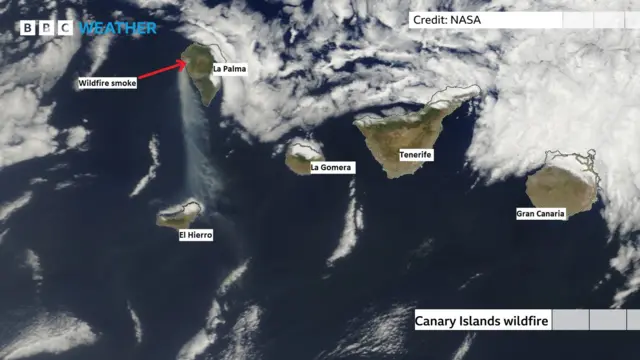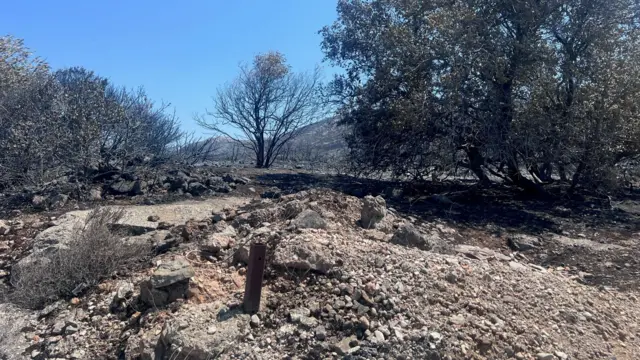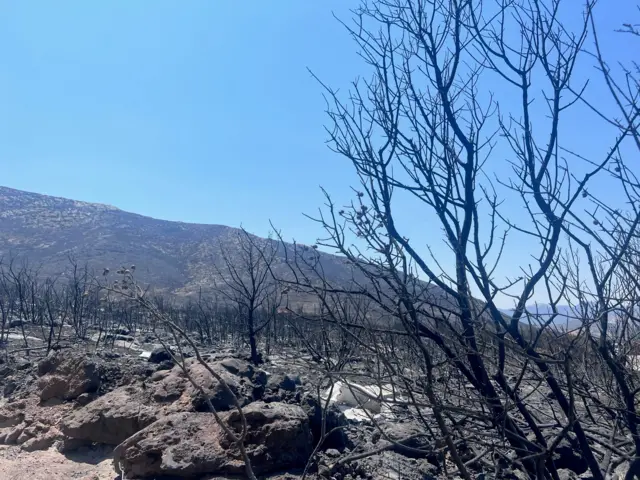
Will parts of the world become unliveable?published at 15:02 BST 18 July 2023
 Justin Rowlatt
Justin Rowlatt
BBC Climate editor
Sam Gibbions asks: Are we going to have climate refugees in the future, with people who simply cannot live with extreme weather conditions, migrating to cooler areas?
Singling out the role of climate change in migration is not straightforward.
Lots of migrants say they have left their homes because of conflict, for example. But what is driving that conflict?
In East Africa, climate change has been an important factor in driving long-term drought and reducing the area of fertile land. That, in turn, has exacerbated long-term rivalries between different ethnic and religious groups.
So, are people moving because of the violence, or because of climate change?
The United Nations acknowledges that climate change already plays a role in many people’s decision to leave their home.
Individual extreme weather events can drive people away from an area if their homes, or local infrastructure, is destroyed – we saw that last year with the Pakistani floods.
Human tolerance for high heat begins to fail at above 50 degrees, external as the human body can no longer transfer heat from our body to the environment.
There are only a few recorded cases of this temperature globally, although in May last year India experienced temperatures of 50 degrees in some areas.
For more on this, watch the documentary 'Life at 50°C' on BBC iPlayer.







